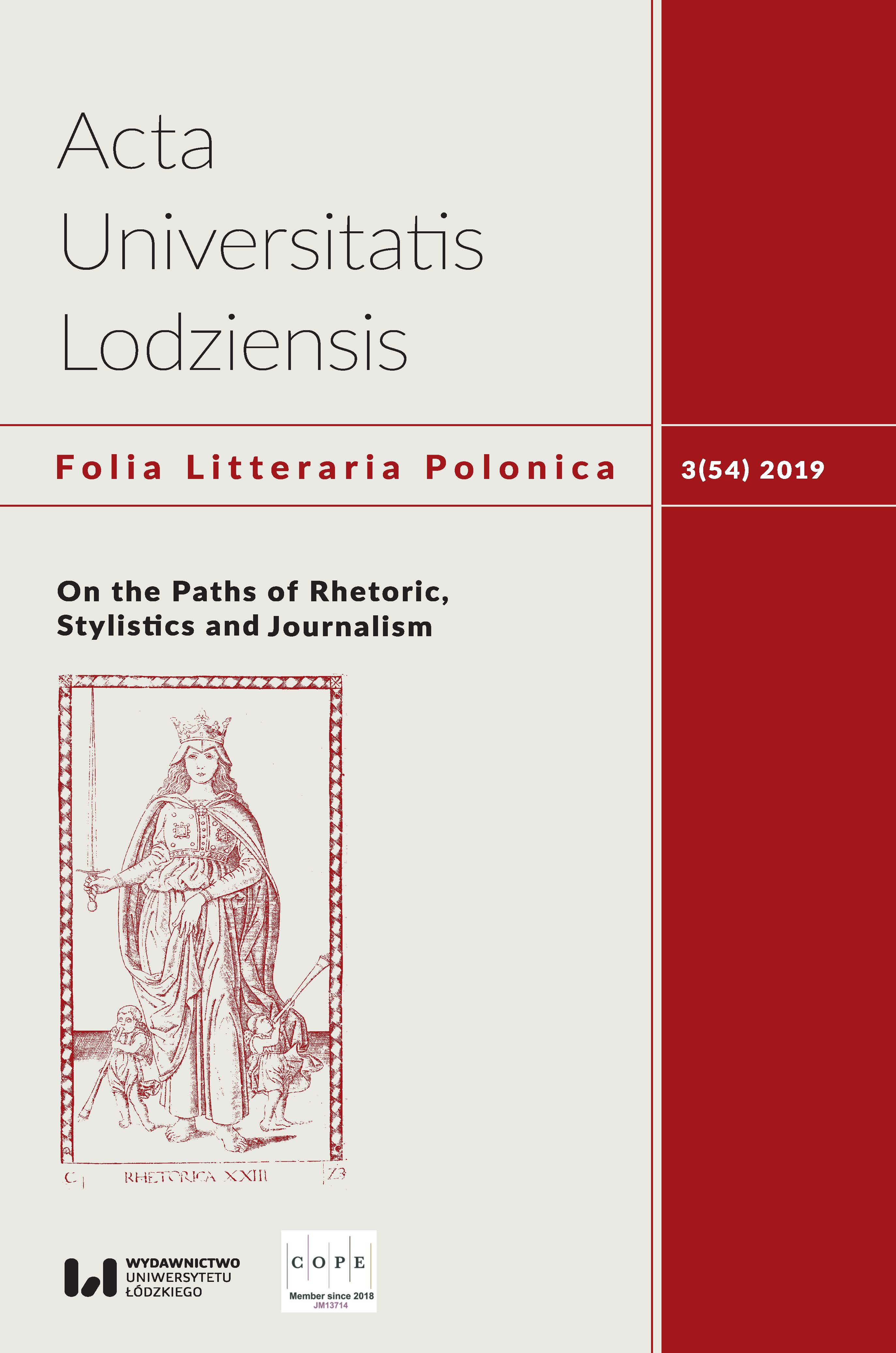Karol Wojtyła’s Philosophy on the Issue of Modernity
Karol Wojtyła’s Philosophy on the Issue of Modernity
Author(s): Alfred Marek WierzbickiSubject(s): Philosophy, Language and Literature Studies
Published by: Wydawnictwo Uniwersytetu Łódzkiego
Keywords: personalism; modernism; awareness; subjectivity; freedom; conscience
Summary/Abstract: Karol Wojtyła’s anthropology is characterised by a synthesis of objectivity and subjectivity, and his combination of aletheic and agapic notions. By accepting the modern anthropological turn, on the one hand, he attempted in his works a synthesis of the classic philosophy of being with the philosophy of awareness, and, on the other, he strived to correct the extreme anthropocentrism of modern thought. The author of the article analysed the relationship between Wojtyła’s concept of awareness and subjectivity with the personalistic style of John Paul II’s ministry of “man as the basic path of the Church.” The other pillar of the analysis is the question about the meaning of human freedom. In Wojtyła’s thought and in the teachings of John Paul II, any discussion of freedom as the basic property of a personal being was combined with a reflection on its ethical dimension.
Journal: Acta Universitatis Lodziensis. Folia Litteraria Polonica
- Issue Year: 54/2019
- Issue No: 3
- Page Range: 173-185
- Page Count: 13
- Language: English

